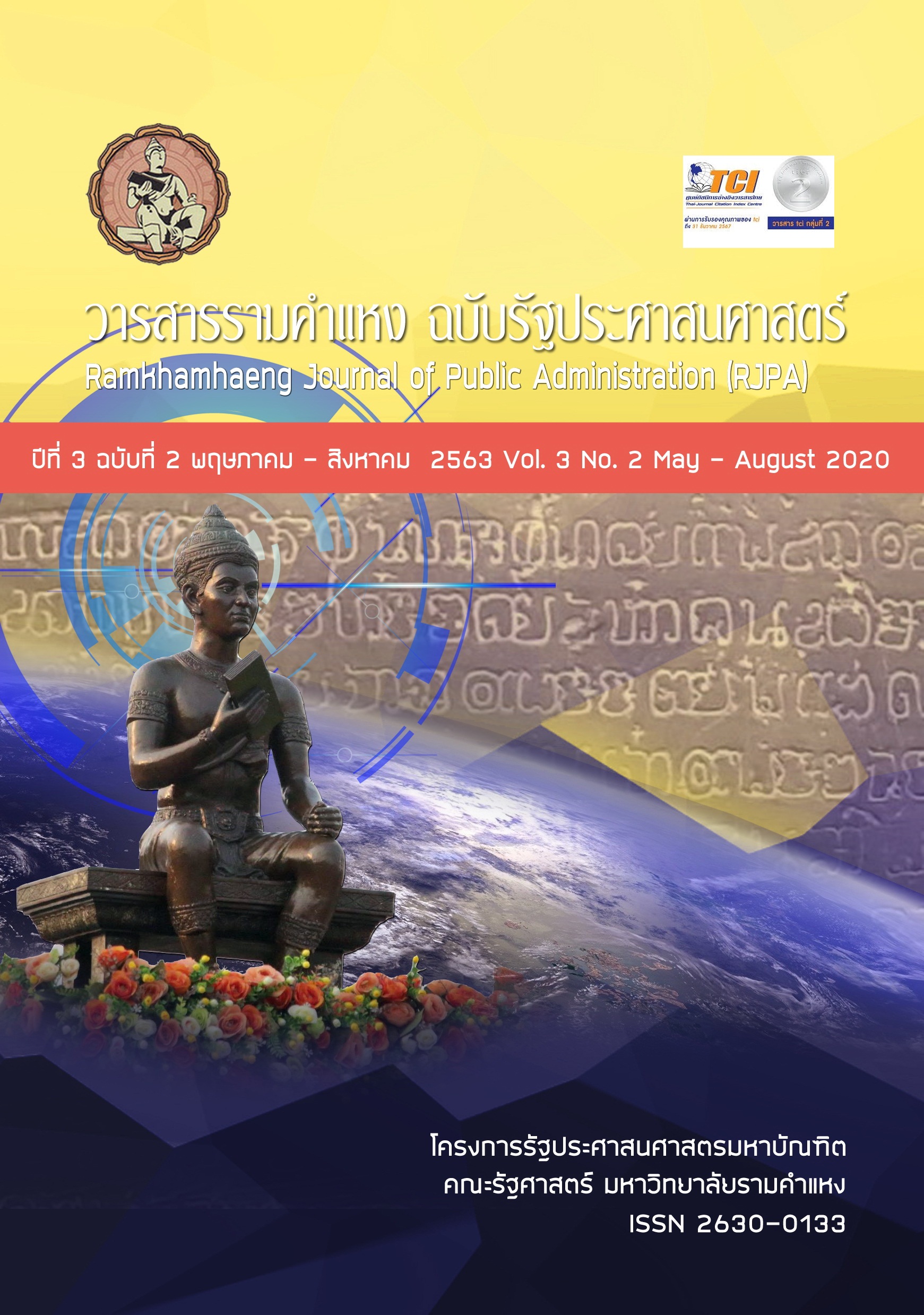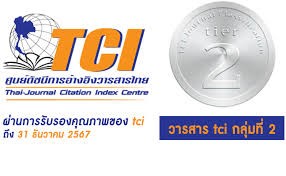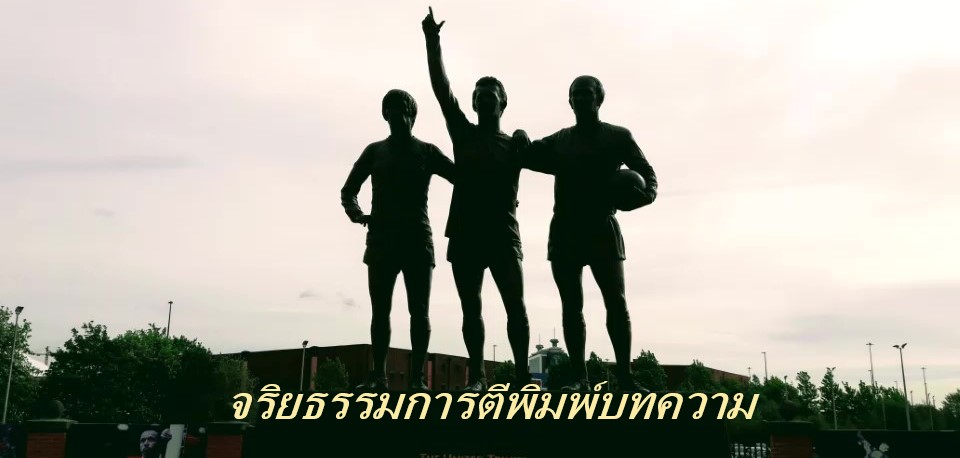พรรคการเมืองกับการสร้างความนิยมทางการเมือง: กรณีศึกษา พรรคเพื่อไทย (Political Party and the Creation of Political Popularity: A case study of Pheu Thai Party)
Abstract
บทคัดย่อ
การวิจัยครั้งนี้เป็นการวิจัยเชิงคุณภาพ มีวัตถุประสงค์ 4 ประการ คือ (1) เพื่อศึกษาและวิเคราะห์ถึงลักษณะสำคัญของบริบททางสังคมการเมืองในความสัมพันธ์กับการเกิดพรรคเพื่อไทย (2) เพื่อศึกษาและวิเคราะห์การสร้างความนิยมทางการเมืองของพรรคเพื่อไทย (3) เพื่อศึกษาปัญหาและอุปสรรคการรักษาความนิยมทางการเมืองของพรรคเพื่อไทย และ (4) เพื่อศึกษาพัฒนาการของพรรคเพื่อไทยที่จะพัฒนาไปสู่ความเป็นสถาบันทางการเมือง ผลการวิจัยพบว่า (1) บริบททางการเมืองมีผลต่อการสร้างความนิยมและการพัฒนาไปสู่ความเป็นสถาบันทางการเมืองของพรรคเพื่อไทย (2) ปัจจัยที่ทำให้พรรคเพื่อไทยได้รับความนิยมอย่างต่อเนื่องมี 5 ปัจจัยได้แก่ กลยุทธ์นโยบายของพรรค กลยุทธ์ด้านผู้นำพรรค กลยุทธ์การสร้างความโดดเด่นของพรรคเหนือความอ่อนแอของพรรคคู่แข่ง กลยุทธ์การยึดแนวทางประชาธิปไตยต่อต้านเผด็จการ และ กลยุทธ์การสื่อสารทางการเมืองที่มีประสิทธิภาพ (3) ปัญหาและอุปสรรคต่อการรักษาความนิยมของพรรคเพื่อไทย มี 5 ปัจจัย คือ ปัญหาและอุปสรรคที่เกิดจากนโยบายพรรค การถูกมองว่าเป็นพรรคของ ทักษิณ ชินวัตร คนเดียว การต่อต้านจากกลุ่มที่มีความคิดเห็นขัดแย้ง การรัฐประหาร การยุบพรรคและการตัดสิทธิทางการเมืองของบุคลากรภายในพรรค (4) พัฒนาการของพรรคเพื่อไทยที่จะพัฒนาไปสู่ความเป็นสถาบันทางการเมือง ประกอบด้วย การจัดตั้งคณะกรรมการยุทธศาสตร์พรรคเพื่อให้เกิดการมีส่วนร่วมจากทุกภาคส่วน การลดจำนวนกรรมการบริหารพรรค การกำหนดให้หัวหน้าพรรคกับผู้ที่จะดำรงตำแหน่งนายกรัฐมนตรีเป็นคนละคนกัน การสร้างนักการเมืองรุ่นใหม่และการมีส่วนร่วม และการสื่อสารสมัยใหม่
Abstract
The purposes of this qualitative study are as follows: 1) to study and analyze the important characteristics of the socio-political context in relation to the establishment of Pheuthai Party; 2) to scrutinize the construction of political popularity of Pheuthai Party; 3) to examine problems and obstacles to the maintenance of popularity of Pheuthai Party and 4) to investigate the development of Pheuthai Party in order to upgrade its status to become a political institution. Findings reveal the following salient aspects: 1) the socio-political context does influence the popularity construction and the development of Pheuthai Party to become a political institution; 2) there are five factors contribute to the pervasive popularity of Pheuthai Party. These factors are its policy strategy, leadership strategy, differentiation strategy; anti-dictatorship strategy, and effective political communication strategy. 3) five problems and obstacles to the maintenance of Pheuthai Party’s popularity have been identified. They are problems and obstacles stemming from the party policy; the party having been perceived as belonging to Thaksin Shinawatra; resistance from conflicting parties; the coups d’état; the dissolution of the party and the deprivation of members’ political rights. 4) The Political institutionalization of Pheuthai Party comprises as follow: the establishment of a party strategy committee to mobilize participation from all sectors; the reduction of the number of the executive members; the deliberation that the leader of the party and prospective prime minister must not be the same person; the cultivation of new generations of politicians and participation; and keeping pace with modern communication.




 Publication Policy (นโยบายการตีพิมพ์บทความ)
Publication Policy (นโยบายการตีพิมพ์บทความ) Publication Ethics (จริยธรรมการตีพิมพ์บทความ)
Publication Ethics (จริยธรรมการตีพิมพ์บทความ)